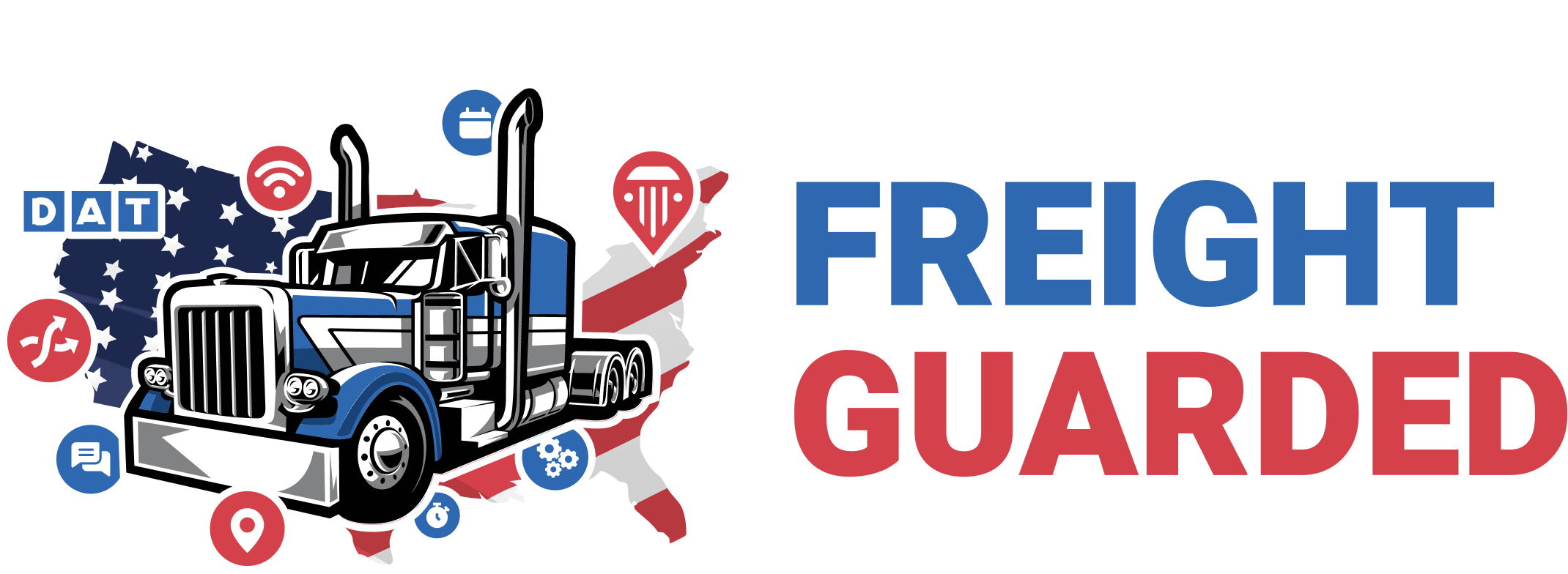Scams in the USA freight market are a significant concern, affecting carriers, shippers, and brokers alike. These fraudulent activities can lead to substantial financial losses, reputational damage, and operational disruptions. Being aware of common scams in the freight industry is crucial for stakeholders to protect themselves. Here are some prevalent scams in the USA freight market:
Double Brokering Scam
In this scam, a fraudulent broker (or sometimes a carrier) accepts a freight shipment from a legitimate broker but then re-brokers it to another carrier without the original broker's knowledge. The scammer collects payment for the shipment but may delay or fail to pay the carrier that actually transported the load, leading to financial losses for the carrier and potential legal and operational complications for the original broker.
False Identity Theft and Impersonation
Scammers impersonate legitimate carriers or brokers by using their names, MC (Motor Carrier) numbers, and other identifying information to secure freight contracts. After receiving payment for the transportation services, they disappear without fulfilling the contract, leaving shippers and brokers with unshipped goods and financial losses.
Advance Fee Fraud
In this scenario, a scammer posing as a carrier or broker may require upfront payment for supposed transportation costs or fees before the shipment is picked up or delivered. Once the payment is made, the scammer vanishes, and the services are never rendered.
Fraudulent Load Boards
Some scammers create fake load boards or post fraudulent loads on legitimate boards to attract carriers. Once a carrier expresses interest, the scammer may ask for personal information, advance fees, or direct payment for services that are never provided.
Bait and Switch Schemes
This scam involves offering a load at an attractive rate to a carrier. Once the carrier agrees, the scammer changes the terms, often reducing the rate or increasing the shipment's size or complexity without appropriate compensation.
Cargo Theft
Cargo theft is a more direct form of scamming, where criminals pose as legitimate carriers and pick up a load but then steal the cargo. This scam can involve creating fake documents and identities to pass vetting processes.
Fuel Advance Scams
Scammers posing as carriers may request a fuel advance on a load they have agreed to transport. After receiving the advance, they disappear without picking up or delivering the load.
Phishing and Information Theft
Fraudulent parties may use phishing scams targeted at carriers, brokers, or shippers to steal sensitive information, such as login credentials or financial information. This information is then used for unauthorized transactions or identity theft.
Protection and Prevention Measures
To protect against these scams, companies and individuals in the freight market should:
- Verify the identity and legitimacy of brokers and carriers through thorough checks and use of trusted platforms.
- Be wary of deals that seem too good to be true or require upfront payments.
- Use secure methods for exchanging sensitive information and payments.
- Stay informed about common scams and educate staff and partners.
- Report any suspicious activities to relevant authorities and industry bodies to help prevent further scams.
Awareness and vigilance are key to navigating the USA freight market safely and avoiding the financial and operational pitfalls posed by these scams.

.thumb.jpg.79710ba0be5a9f3be83fb45bcaf36e79.jpg)